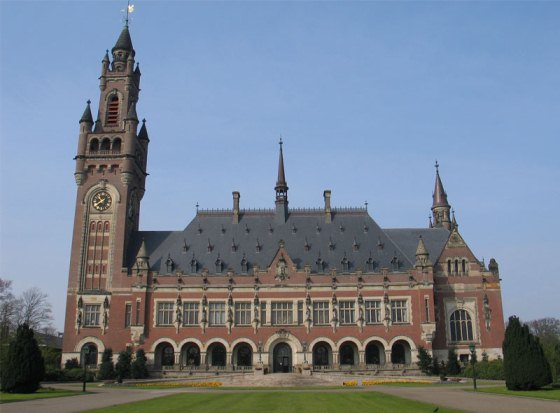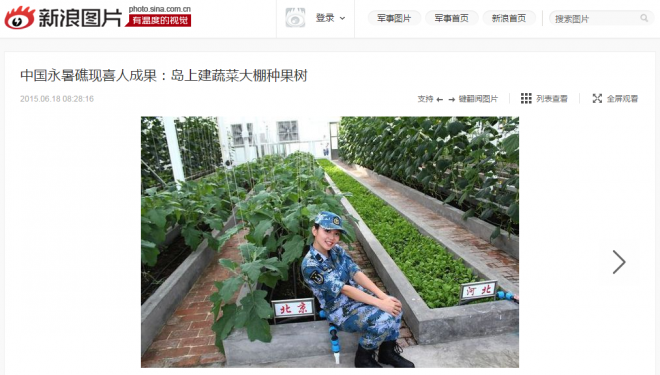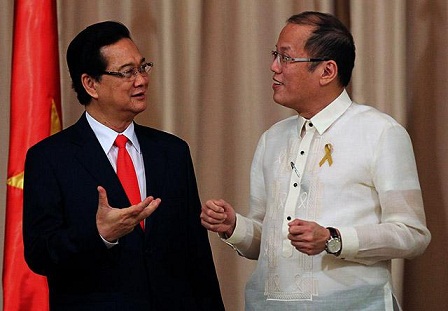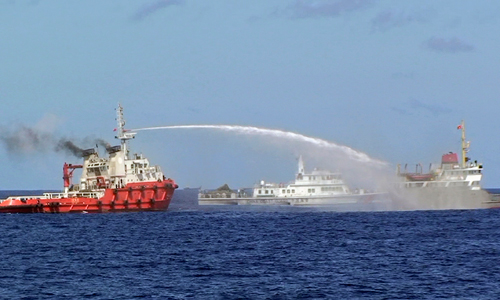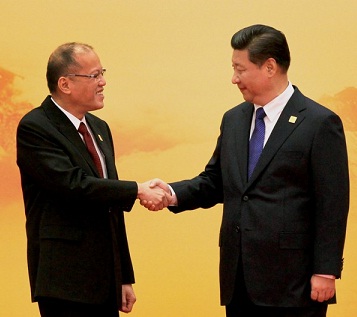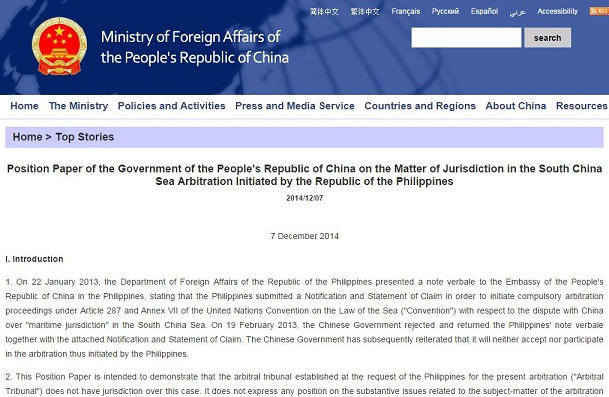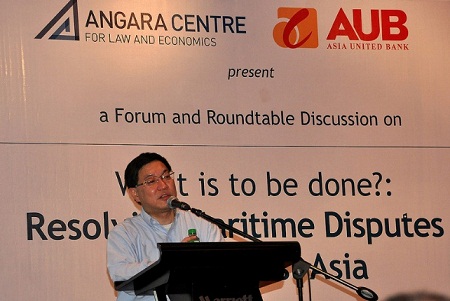
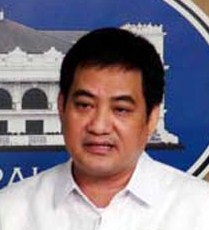
He said: “With only three oralists scheduled to make submissions before the Tribunal, why is it that we have a delegation of at least 35? I say at least because the number does not include our foreign counsels and their staff. I believe the correct number of our delegation should be at least 50. That’s 50 business class tickets and 50 de luxe rooms at five-star hotels in very expensive The Hague!”
Lacierda did not refute Roque’s numbers so I suppose the latter’s information was correct. From news reports from The Hague I have only the following names:

